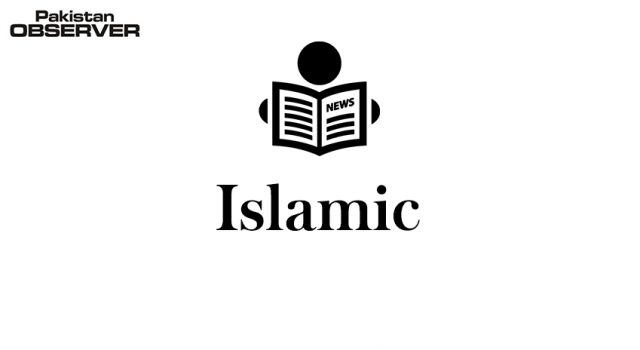Dubai
FinTech has spurred the evolution of the Islamic finance industry over the last year. It helps to address a need for simplification and innovation in the sector, which will support longer term acceptance and growth.
More importantly, it provides a great opportunity for the sector to streamline services and attract new segments, with the key being digital-savvy millennials. Younger customers are expected to play a crucial role in the growth of Islamic finance and expand its customer base, with the younger segment expecting to contribute to as much as 75 per cent of total bank revenue by 2030.
Dubai and Dubai International Financial Centre, which are driving the future of the Middle East, Africa and South Asia’s (MEASA) Islamic finance sector – are well placed to tap into this promising segment. In 2019, DIFC saw a marked rise in the volume of Islamic assets being managed here, recording a 33 per cent growth year-on-year.
The MEASA region continues to be an important player in an industry worth more than $2.1 trillion (Dh7.7tn), fuelled by the growing popularity of Islamic Banking. Sharia-compliant assets represent 14 per cent of total banking assets in MEASA and 25 per cent of banking assets in the GCC, suggesting that Islamic banking continues to be systemically important in these countries.
Last year, DIFC welcomed Malaysia’s largest lender and the fifth largest Sharia-compliant bank in the world, Maybank Islamic Berhad, to the centre. The move bridges two of the world’s biggest centres for Islamic finance, allowing it to service the GCC market and access one of the world’s leading exchanges for sukuk, whilst aligning on financial infrastructure and standardisation in the sector. Furthermore, Dubai is one of the largest centres globally for sukuk listings by value at $68.35 billion, with $49.06bn listed on Nasdaq Dubai.
DIFC has been investing heavily into FinTech to spur the growth of the emirate’s Islamic finance industry. The centre’s constantly growing FinTech ecosystem has contributed to the UAE’s position as the fourth-largest Islamic FinTech hub in the world. For DIFC’s 2019 FinTech Hive programme, there were many Islamic start-up ideas amongst the 450 applications. Four Islamic finance start-ups were selected to join the elite group of participants.
The centre has become a nexus for 46 Islamic finance institutions to engage with innovative start-ups. The FinTech Hive accelerator also partners with specialist organisations which include the Dubai Islamic Economy Development Centre, Emirates Islamic Bank, Dubai Islamic Bank and Abu Dhabi Islamic Bank.
DIFC and Dubai Financial Market have brought together representatives of leading banks, financial institutions, as well as public and private companies in the first Dubai Sustainable Finance Working Group launched earlier this year. The group will focus on combining Dubai’s finance sector’s initiatives to create a sustainable financial hub in the region in line with the UAE Sustainable Development Goals 2030 and Dubai’s Strategic Plan 2021, encouraging the use of green financial instruments and responsible investing. The synergies between Environment, Social and Governance (ESG) goals highlight that Islamic finance can be a prime driver for ethical financial solutions. (
Other innovations include sharia-compliant robo-adviser platforms that provide financial services to retail investors. Once such platform, New York’s Wahed Invest, in September launched two sharia compliant index-tracking funds. U.S. firm Blossom Finance, meanwhile, will launch what it claims will be the first digital sukuk in late 2018. Using the Ethereum blockchain, retail investors will be able to invest in the sukuk, which will then use the proceeds to fund sharia-compliant microfinance initiatives in Indonesia. —(Courtesy: The National)










